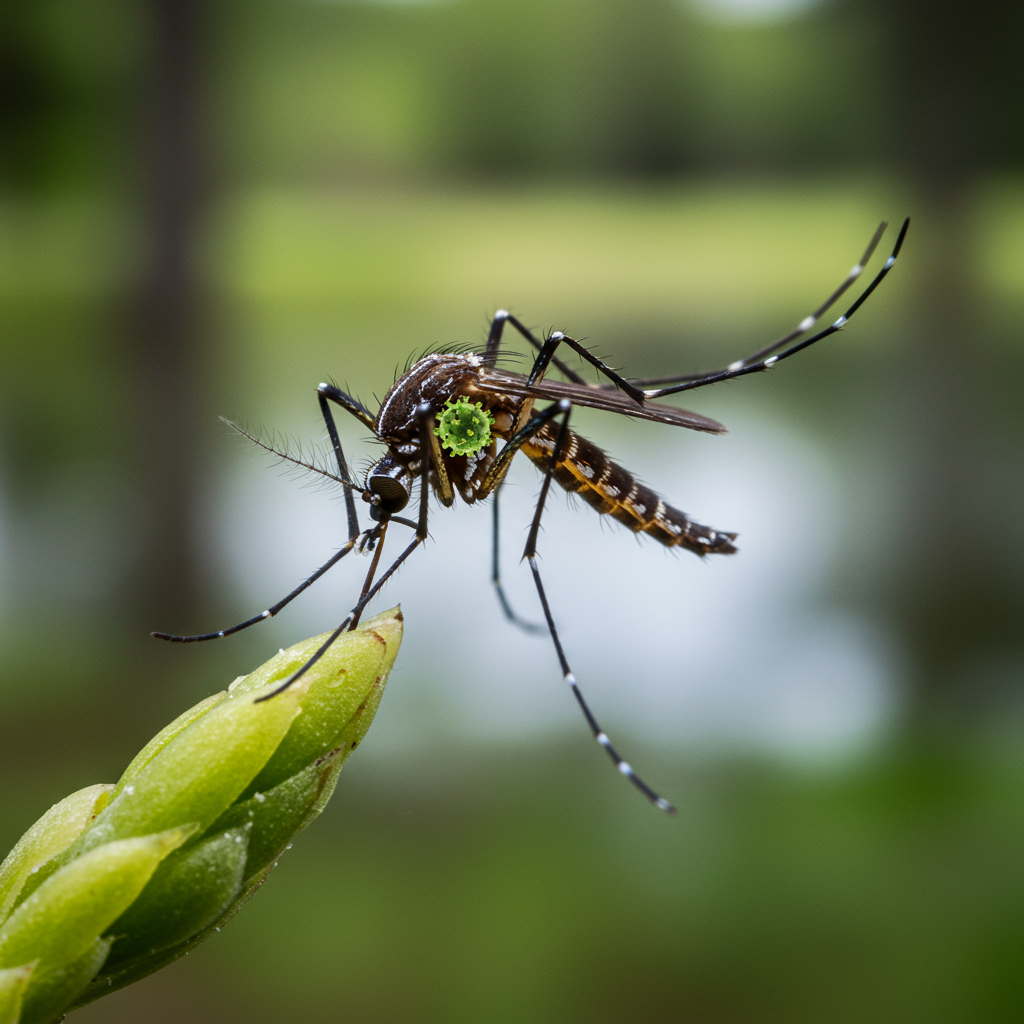Louisiana’s Department of Health has confirmed the state’s first human case of West Nile Virus (WNV) for the year 2025. This confirmation marks the beginning of the state’s annual West Nile season, underscoring the importance of mosquito bite prevention.
West Nile Virus is a mosquito-borne disease that is most commonly spread to humans through the bite of an infected mosquito. While many people infected with WNV show no symptoms, others may experience mild to severe illness.
Understanding West Nile Virus
WNV is endemic in Louisiana, meaning it is regularly found in bird and mosquito populations throughout the state. Human cases typically begin appearing in the summer months and can continue into the fall.
Transmission: Primarily through mosquito bites. Mosquitoes become infected by feeding on infected birds.
Risk Factors: Anyone can be infected, but individuals over 60 or those with weakened immune systems are at higher risk for severe illness.
Symptoms to Watch For
Most people exposed to WNV remain asymptomatic or experience only mild symptoms. However, some develop West Nile fever, and a small percentage develop severe neuroinvasive disease.
Mild Symptoms (West Nile Fever): Often appear 2 to 14 days after the bite and may include fever, headache, body aches, joint pains, vomiting, diarrhea, or rash. Most people with these symptoms recover completely.
Severe Symptoms (Neuroinvasive Disease): Less than 1% of infected people develop severe illness affecting the nervous system, such as encephalitis (inflammation of the brain) or meningitis (inflammation of the membranes surrounding the brain and spinal cord). Symptoms can include high fever, headache, neck stiffness, disorientation, coma, tremors, convulsions, muscle weakness, and paralysis. These can be serious or even fatal.
Public Health Response and Prevention
Following the confirmation of the first 2025 case, state and local health officials are reinforcing public awareness campaigns and mosquito control efforts. Preventing mosquito bites is the most effective way to avoid WNV infection.
Key Prevention Tips:
Drain Standing Water: Eliminate breeding sites by emptying water from containers like buckets, planters, tires, bird baths, and pet bowls at least once a week.
Use Repellent: Apply EPA-registered insect repellent containing DEET, picaridin, IR3535, oil of lemon eucalyptus, para-menthane-diol, or 2-undecanone when outdoors. Always follow product instructions.
Wear Protective Clothing: Wear long-sleeved shirts and long pants, especially during peak mosquito hours (dawn and dusk).
Repair Screens: Ensure windows and doors have intact screens to keep mosquitoes out of your home.
Louisiana residents are urged to take these simple precautions to protect themselves and their families from West Nile Virus and other mosquito-borne illnesses throughout the year.




